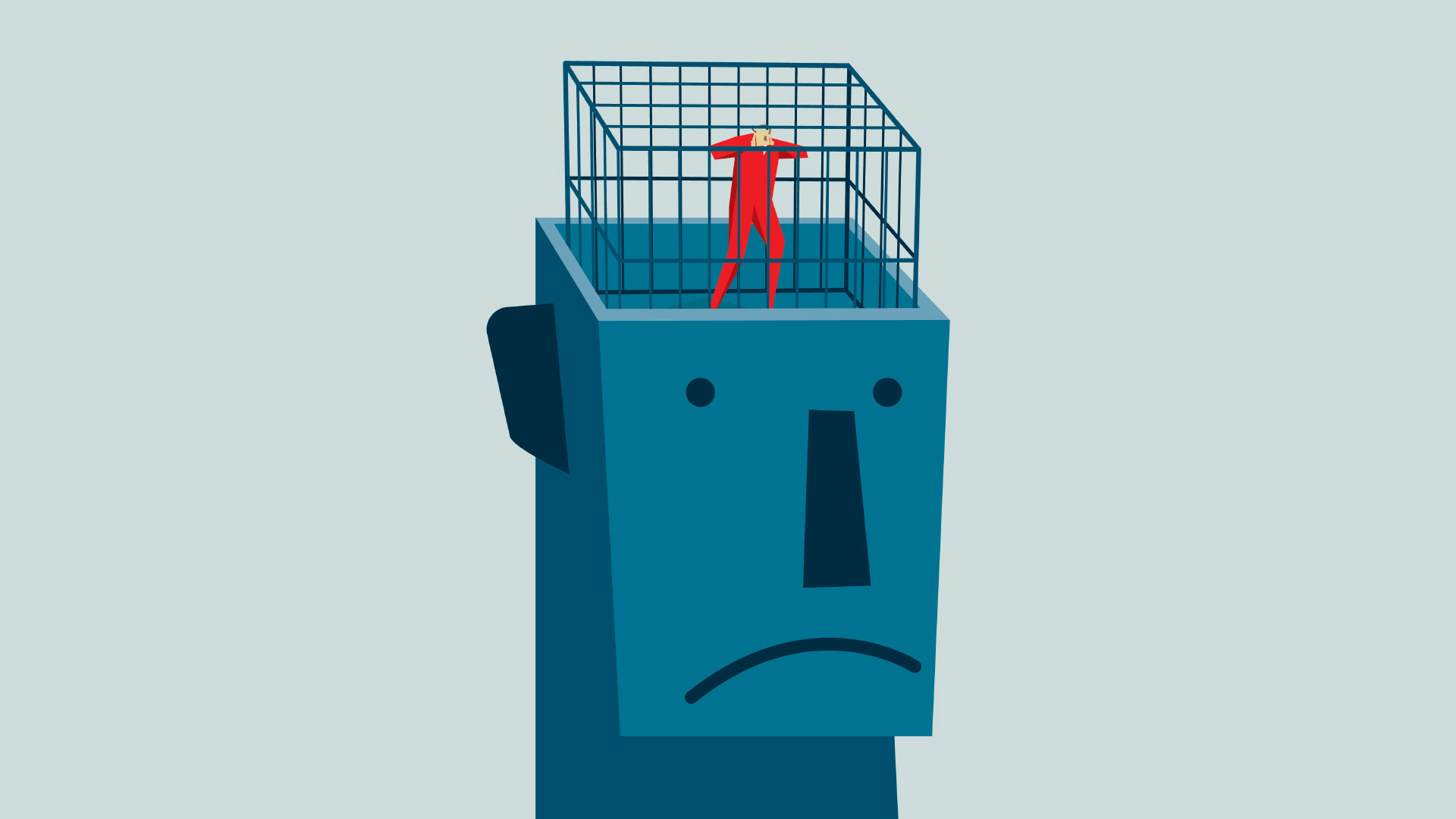Police psychologists address trauma behind the badge
Dr. Stephanie Barone McKenny

The pandemic and the civil unrest protests have heightened the sense of professional purpose among police psychologists across the nation. Department police psychologists from the major metropolitan law enforcement agencies of Los Angeles (LAPD), Dallas (DPD), Atlanta (APD), Honolulu (HPD) and the Cook County Sheriff’s Office (CCSO) in Chicago have combined forces to highlight common themes suggesting police psychology is in a time of great need. Innovative strategies that any agency (regardless of its size) can do to increase law enforcement family connections (as well as decrease officer isolation/vulnerability) are offered.
The pandemic has impacted intra-organizational dynamics, officer well-being, police–community relations and inter-organizational collaboration. As such, there has been a significant quantitative and qualitative demand for police psychologist clinical and organizational services. It has also changed the way police psychologists do business. Telehealth is a primary example. Whether you have access to a department police psychologist or an external contracted police psychologist, telehealth services are now routinely offered; expect this to continue in the future even after the pandemic has been resolved, due to several key benefits.
Access to care has been expanded. For example, officers are connecting with police psychologists on their smartphones from the stations before and after their shifts (and even from their patrol cars when needed during their shifts). Officers who could not be seen in person before (due to IOD, other significant medical conditions or residing in remote rural areas) are now able to routinely receive the support they need. Officer engagement has been improved; session no-shows have decreased and police psychologists are functioning as remote coaches for officers between sessions. Hours have been extended; police psychologists may be working late-night or zero dark thirty hours to meet the increased demands for services. Officer costs have been reduced; they do not need to commute to the doctor’s office for the session, and this has been particularly helpful to those assigned home without pay, but it may also reduce unnecessary ER visits. Doctor efficiency and officer satisfaction have increased. Overall, sworn and civilian employees tend to prefer the telehealth modality due to its convenience, flexibility and assurance of confidentiality through HIPAA compliance.
The civil unrest, protests and civic demonstrations have highlighted that trust has been fractured in communities regardless of any good works in the past. A re-examination of police tactics is critical for the evolution of law enforcement. A review of where we have been, where we are now and where we are going seems wise. It also seems wise to own any missteps along the way.
Nevertheless, it is true that the experience of the protests appears to be different depending on the department and city served. In Dallas, for example, such events may have been more traumatic given the July 7, 2016, ambush resulting in five officers killed, 12 officers shot and wounded, and over 400 officers exposed firsthand to the deadliest critical incident in U.S. law enforcement since 9/11, despite the fact that it began as a peaceful protest. In Honolulu, the struggles of 2020 started on January 19 when two officers were ambushed and killed in the line of duty. As a result, Honolulu police went into the pandemic and protests of 2020 with an emotional deficit and had to work hard to muster the energy to provide the services and the protection that the community still needed at a critical time in world history.
The pandemic, combined with the protests, has led many officers nationwide to feel abandoned by their department leadership as well as their top elected officials, perceiving that those leaders and officials had turned their backs on the officers who risk their lives every day for the community. Some officers have felt this is not the profession that they joined. Officers have questioned why their leaders are not protecting and sticking up more for officers, especially officers of color. Such biculturalism requires navigating between two worlds — law enforcement and race — like a tightrope walker on a high wire.
Police psychologists have found that their role may have significantly changed from what it was pre-pandemic. For example, depending on the department, police psychologists have seen a dramatic focus on marital counseling (whereas maybe they provided little or no couples counseling before), grief counseling (due to significant loss after loss), substance abuse and addiction interventions or the need for them to serve as public health professionals within the department. Police psychologists are not immune or isolated from the pandemic and protests. They are also exposed, restricted, having to navigate misinformation and keep their families safe. They, like the officers, are not operating in a cultural vacuum. It has become a parallel process.
